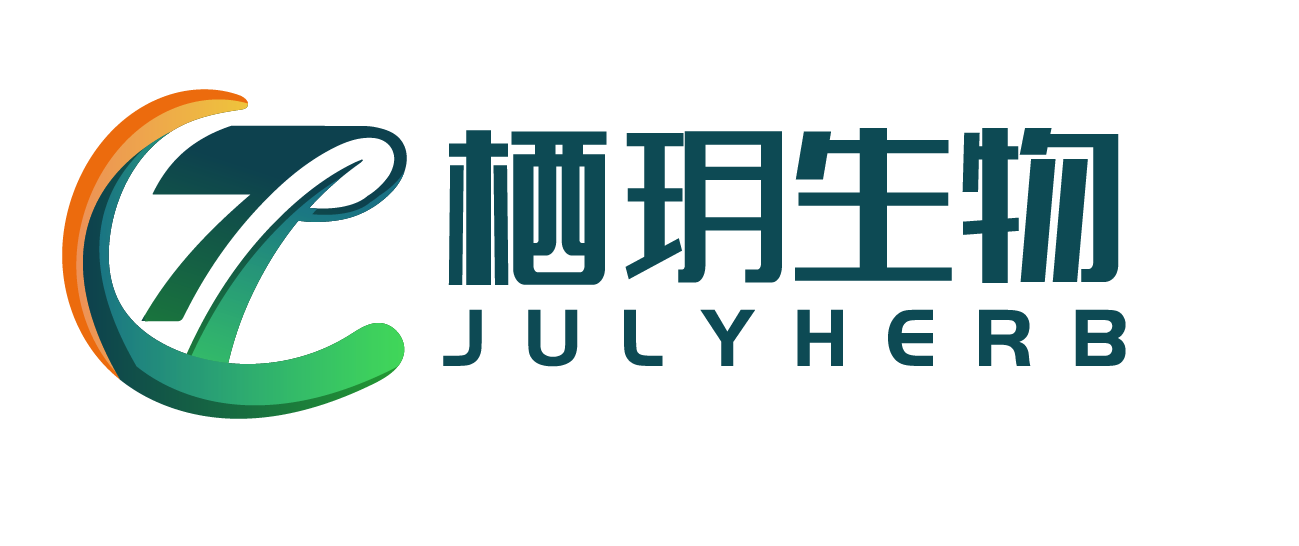Why the kava keep popular?
Kava is a beverage or extract made from the Piper methysticum plant. In the South Pacific, it’s a popular drink that is used in ceremonies for relaxation.
The name “kava” comes from the Polynesian word “awa,” which means bitter. Kava affects the brain and other parts of the central nervous system. Chemicals called kavalactones that are found in kava are believed to be responsible for its effects.
People commonly use kava for anxiety. It’s also used for stress, withdrawal from drugs called benzodiazepines, sleeping problems, and many other purposes, but there is no good scientific evidence to support many of these uses.
Cases of liver damage and even some deaths have been linked to kava use. Because of this, kava was taken off the market in Europe and Canada in the early 2000s. But after reviewing the evidence, most countries have allowed kava to return to the
market. Kava was never taken off the market in the US.

- might work as well as some prescription anti-anxiety medications.
- A type of persistent anxiety marked by exaggerated worry and tension (generalized anxiety disorder or GAD). Taking kava by mouth doesn’t seem to improve symptoms of GAD.
Possibly Ineffective for
There is interest in using kava for a number of other purposes, but there isn’t enough reliable information to say whether it might be helpful.
Dosing
Kava is available in many different types of products, including teas and other beverages. Kava extracts have most often been used by adults in doses of 150-400 mg by mouth daily for up to 2 years. Speak with a healthcare provider to find out what type of product and dose might be best for a specific condition.
